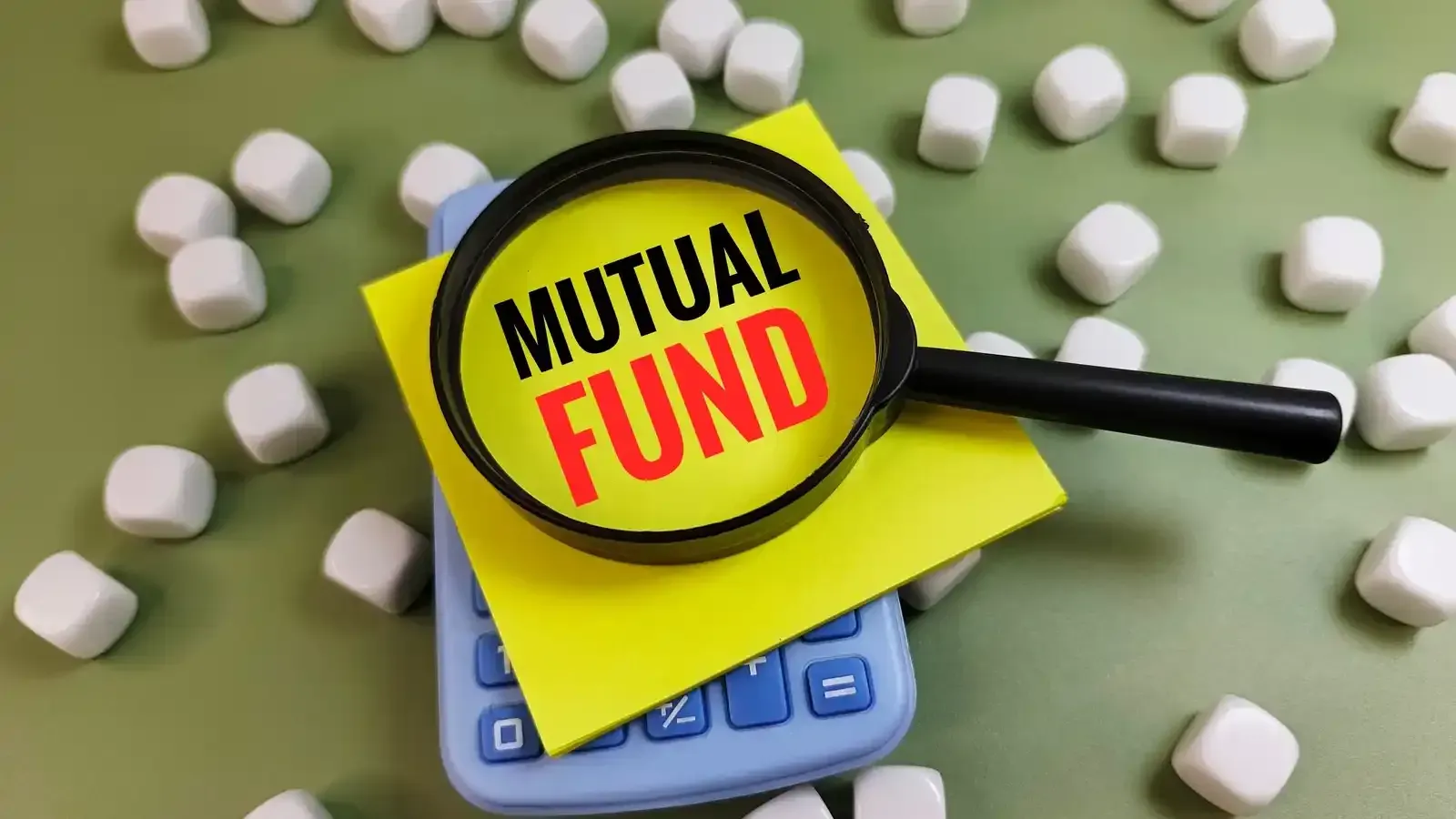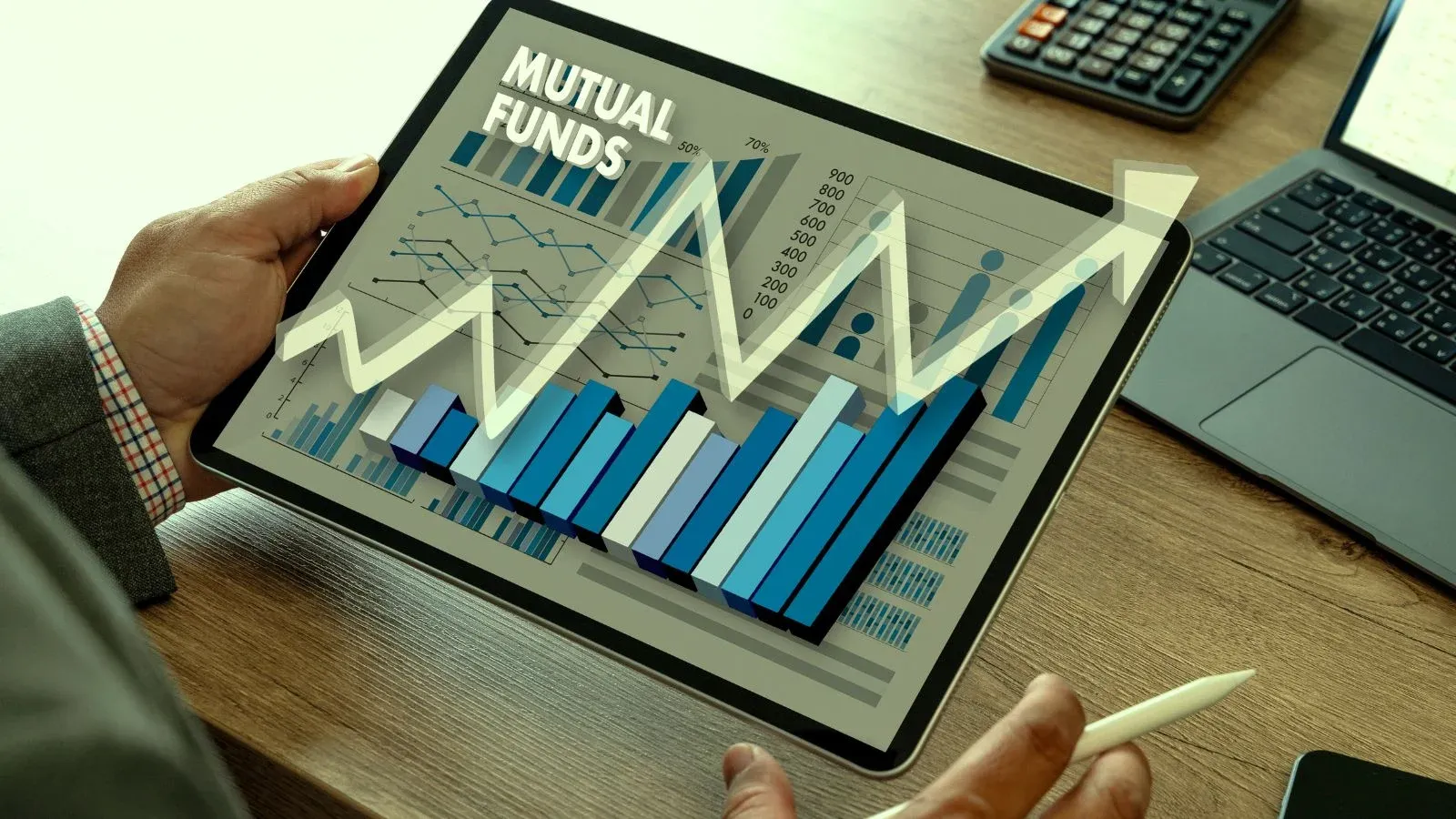How to choose between equity and debt mutual funds
Written by Upstox Desk
Published on July 31, 2025 | 6 min read

Summary:
When it comes to mutual fund investments, investors are spoiled for choice. However, this also gives rise to perplexity and consternation. Among the most confusing things for investors is deciding on whether to invest in equity or debt mutual funds. This blog breaks things down to the basics to make investments in mutual funds way easier.
While the plenitude of available investment options has added much flexibility to an investor’s armoury, it has also led to confusion. Among the most perplexing things for investors is deciding on avenues for investments by carefully considering factors that will affect outcomes and returns. One such crossroads is having to choose between equity and debt mutual funds. This blog should make things easier for you. Let us begin by understanding what they mean.
-
Equity mutual funds are a type of investment vehicle that pools money from multiple investors to invest in a diversified portfolio of stocks or equities. The goal in this scenario is capital appreciation. It is possible to bucket equity mutual funds into categories such as sectors, investment styles, market capitalisation and geographies, among others.
-
Debt mutual funds are a type of investment vehicle that pools money from multiple investors to invest in a diversified portfolio of fixed-income securities, such as government bonds, corporate bonds, money market instruments, debentures and other debt instruments. The goal here is to generate regular income for investors through interest payments from the underlying fixed-income securities. Some examples of debt funds are gilt funds, money market funds, floating rate funds and liquid funds.
Side-by-side comparison:
The table below illustrates the differences between equity and debt mutual funds extensively.
| Parameters | Equity Mutual Funds | Debt Mutual Funds |
| Risk-reward profile | Equity funds primarily invest in stocks or equities, which are considered higher-risk assets. However, they also have the potential for higher returns over the long term. | Debt funds primarily invest in fixed-income securities such as government bonds, corporate bonds, and money market instruments. They are generally considered lower risk compared to equity funds but offer potentially lower returns. |
| Investment horizon | They are suitable for investors with a longer investment horizon (typically 5 years or more) who can weather market volatility. | Debt funds are suitable for investors with a shorter investment horizon or those looking for stable returns with lower volatility. |
| Returns | Historically, equity funds have the potential to provide higher returns over the long run, but they can also experience significant short-term fluctuations. | Debt funds typically offer lower returns compared to equity funds, but they provide a more predictable income stream. |
| Diversification | Equity mutual funds offer diversification by investing in a range of stocks across different sectors, which can help spread risk. | Debt mutual funds provide diversification within the fixed-income asset class, helping to mitigate default risk. |
| Instruments | These include investments in stock or equity-related instruments. | These include investments in debt instruments such as non-convertible debentures (NCDs), certificates of deposit (CDs), Treasury bills (T-Bills), commercial papers (CPs), government securities (G-Secs), and corporate bonds. |
| Taxation | In India, short-term capital gains from equity funds are taxed at 15%, plus 4% cess, if sold within a year. Beyond this, it becomes 10% if the amount exceeds a lakh. | Up to INR 1 lakh, long-term capital gains do not attract any tax. Beyond this limit, it is taxed at 10%, plus 4% cess. These are usually taxed based on income tax slabs. |
Putting it all together
All of this can be very overwhelming, especially if you need to decide swiftly. What can you do then? Let’s try to simplify this.
Things to keep note of while investing in equity mutual funds
- Expense ratio: The charges and taxes you will have to pay will impact your net returns significantly, especially if the existing investment returns do not have high payouts.
- Objective: Having a clear idea of the objective is the most basic requirement. Your goals should align with those of the fund.
- Fund size: The amount of money that is invested in a mutual fund is known as the asset under management (AUM). It indicates how big the fund is. The liquidity will be better if it is larger.
Things to keep note of while investing in debt mutual funds
- Maturity: Investors get back the principal amount once the mutual fund matures. Investors who can afford to have their capital locked in for higher returns opt for those that have extended maturity dates.
- Expense ratio: Like equity funds, the charges and taxes impact net returns significantly.
- Credit rating/risk profile: This indicates the quality or rating of the issuer of the fund. The interest rate is higher if the rating is poor because the likelihood of default by the company that is borrowing the money is high.
Wrapping up: Key points to remember
Both equity as well as debt mutual funds have their own strengths and follies. It is possible to have a proper understanding of the risk-reward, goals, and capital availability to diversify investments through both. This helps maximise the possible returns, as well as keep provisions to mitigate and minimise any losses should there be any reversal of fortunes. To sum up, just keep the following in mind and you should sail smoothly across the mutual fund space, whether it is equity or debt.
- Educate yourself
- Set clear goals
- Create a diversified portfolio
- Research and analyse
- Have a long-term perspective
- Manage risks
- Avoid herd mentality
- Limit emotional decisions
- Review and adjust
- Seek professional advice
Disclaimer
The investment options and stocks mentioned here are not recommendations. Please go through your own due diligence and conduct thorough research before investing. Investment in the securities market is subject to market risks. Please read the Risk Disclosure documents carefully before investing. Past performance of instruments/securities does not indicate their future performance. Due to the price fluctuation risk and the market risk, there is no guarantee that your personal investment objectives will be achieved.
About Author
Upstox Desk
Upstox Desk
Team of expert writers dedicated to providing insightful and comprehensive coverage on stock markets, economic trends, commodities, business developments, and personal finance. With a passion for delivering valuable information, the team strives to keep readers informed about the latest trends and developments in the financial world.
Read more from UpstoxUpstox is a leading Indian financial services company that offers online trading and investment services in stocks, commodities, currencies, mutual funds, and more. Founded in 2009 and headquartered in Mumbai, Upstox is backed by prominent investors including Ratan Tata, Tiger Global, and Kalaari Capital. It operates under RKSV Securities and is registered with SEBI, NSE, BSE, and other regulatory bodies, ensuring secure and compliant trading experiences.

























